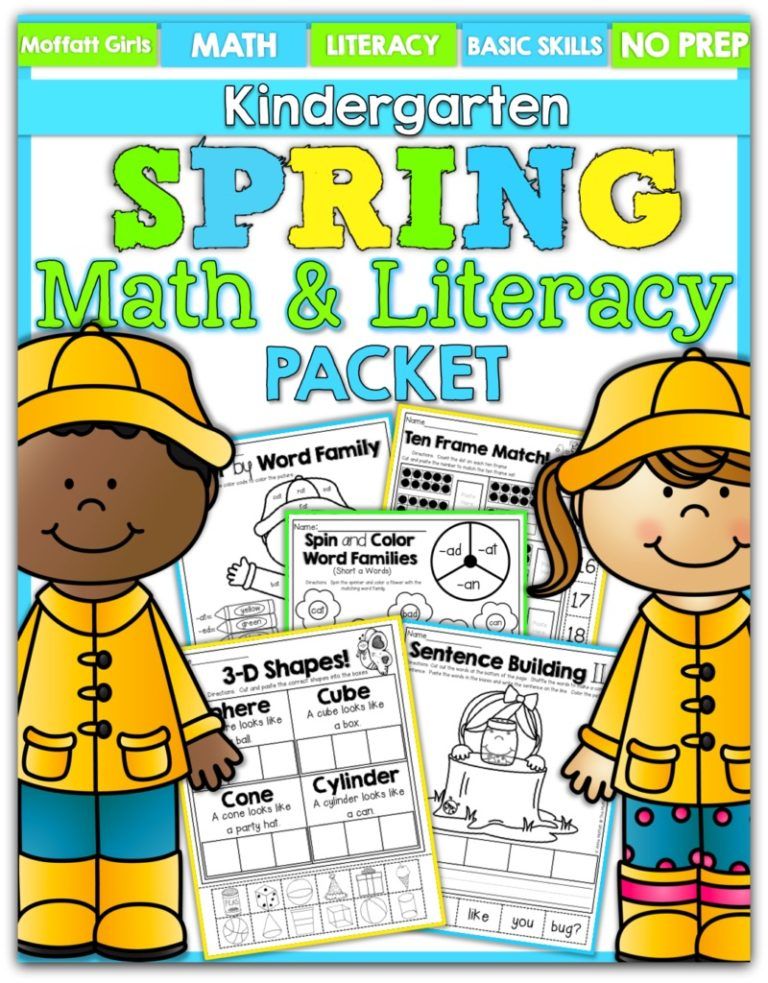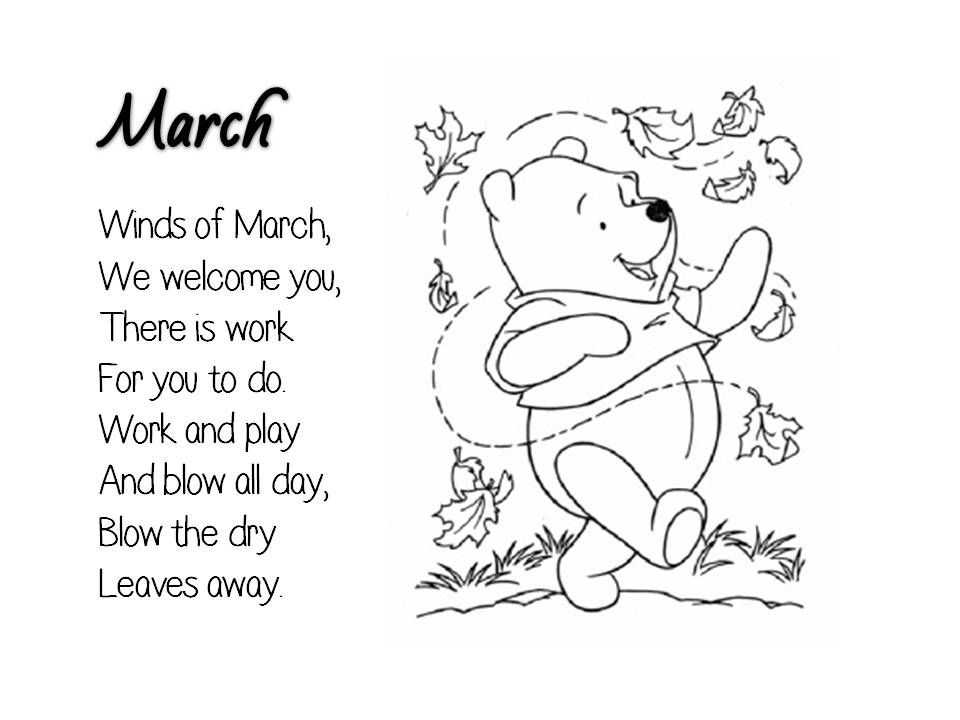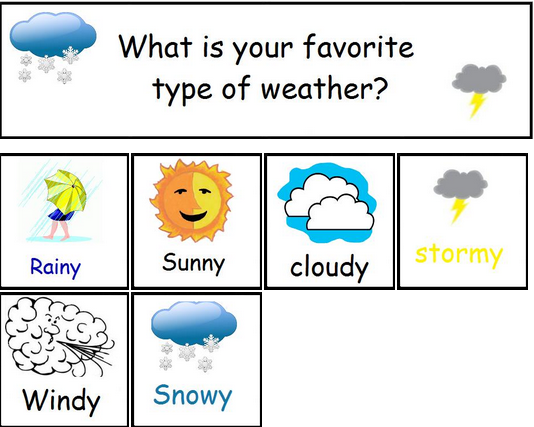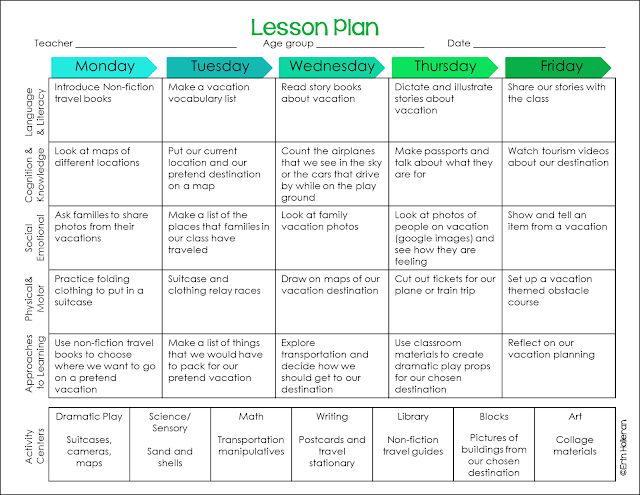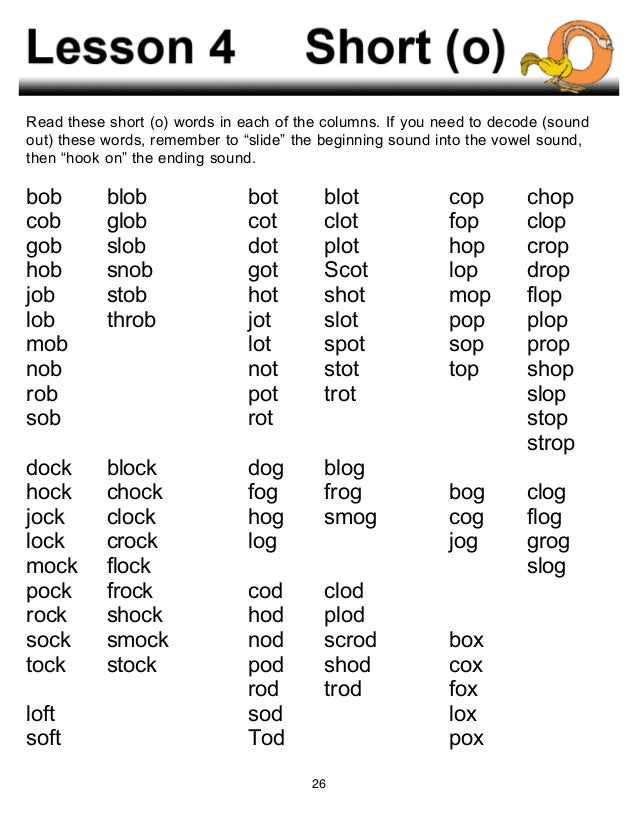Preparation for kindergarten
How to Get Your Child Ready for the First Day of Kindergarten
Kindergarten is a major step for young children — their first day of “big kid” school. As exciting as this time may be for some, many kindergarteners struggle initially with the long days, challenging curriculum and time spent away from loved ones.
To get your student ready to learn, child psychologist Amie Bettencourt from the Division of Child and Adolescent Psychiatry offers helpful tips.
What can parents do to help prepare?
Establish strong routines at home.
Routines help children learn, make them feel safe and in control of their world, and foster their self-confidence and sense of belonging within the family. Some key family routines that will help children feel ready for kindergarten include:
Bedtime Routines
Bedtime routines ensure kids get a good night’s sleep and will be ready for the next day’s adventures. Some important parts of a bedtime routine include a consistent bedtime and a predictable order of activities (e. g., take a bath, put on pajamas, brush teeth, read favorite story or sing favorite song, get a goodnight hug or kiss from their caregiver).
Reading Routines
Parents are encouraged to read with their children for at least 20 minutes a day to build language and literacy skills. This reading routine can be part of the bedtime routine or at another time convenient for you and your child. A good way to make this time child-centered (and increase your child’s enjoyment and engagement in this time together) is by letting your child pick out the book.
Family Mealtime Routines
Having a family mealtime routine is not only an opportunity to teach your children about healthy eating habits, but is also a chance to spend quality time talking with your children, which builds their language and strengthens their relationship with you. You can also build in routines around mealtime that will be useful to your children in school, such as washing your hands before dinner or teaching them how to clear dishes from the table.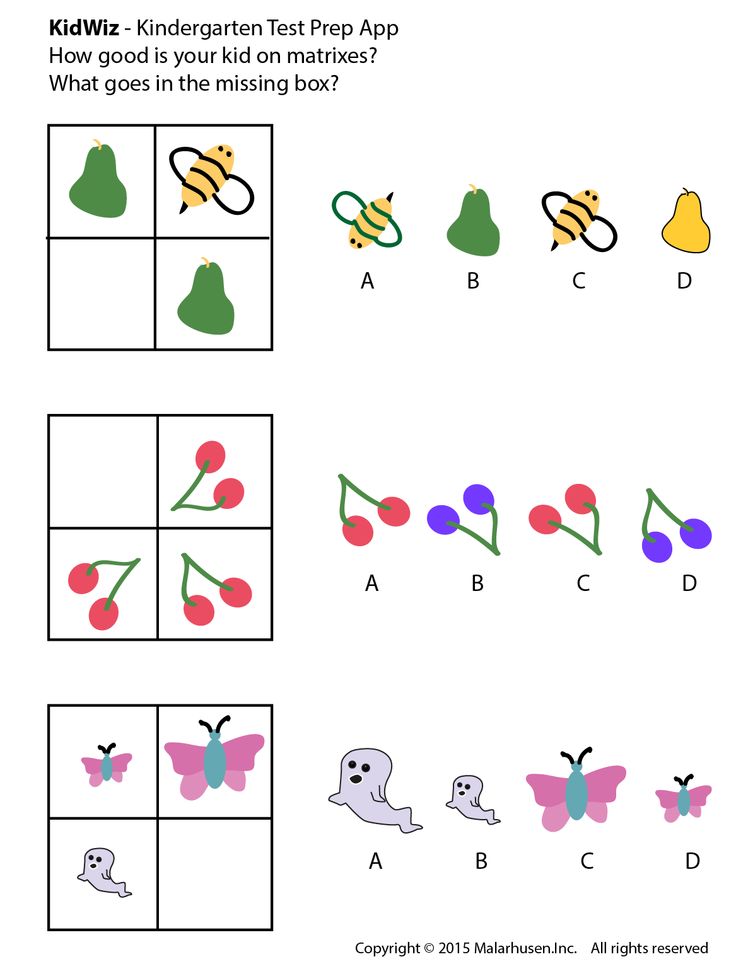
Stay up to date with vaccinations.
Take your child to the pediatrician for a checkup, and make sure all immunizations needed for kindergarten are up to date.
Tell your child what to expect.
Talk to your child about what kindergarten will be like to help them start preparing for this big transition. Children often have lots of questions about kindergarten, particularly if they are starting at a new school.
- Spend time talking with your child about what kindergarten will be like (e.g., who will be the teacher, what will the daily school routine look like, etc.).
- Involve him or her in picking out their school materials (e.g., backpack, clothes, etc.).
- You can also talk about what going to kindergarten was like for you as a way to model how your child can share feelings about kindergarten.
Once school begins, what are some conversation starters parents can use to get their child talking about school?
Ideally, talking with your child about school should be part of your family’s daily routine.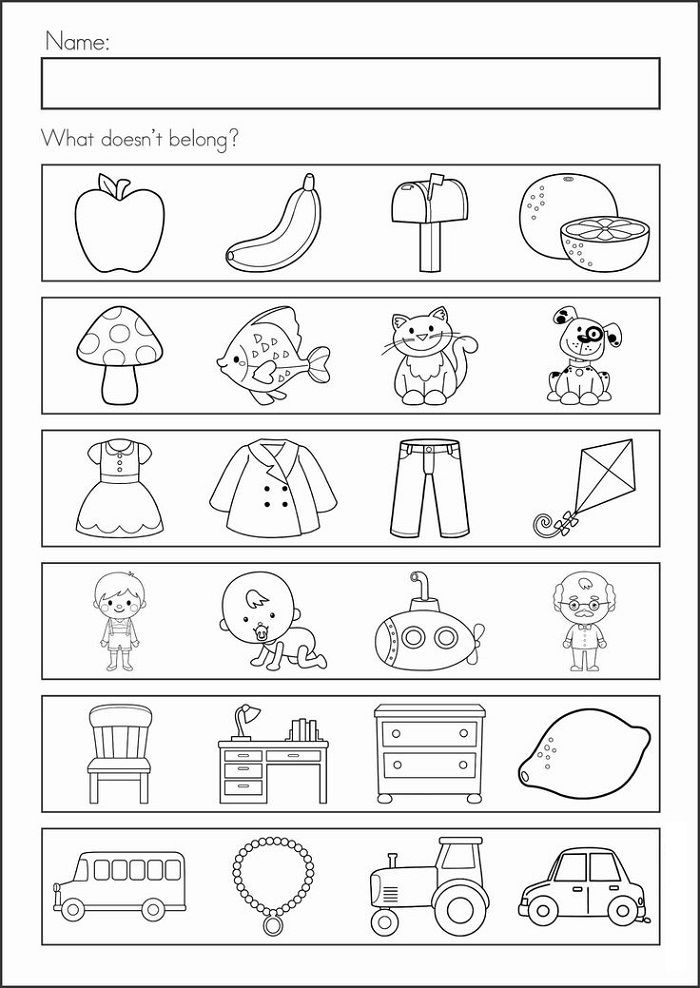 Talking with your children not only gives you an opportunity to learn what they are doing in school and how they feel about school, but also provides an opportunity for you to communicate that school is important.
Talking with your children not only gives you an opportunity to learn what they are doing in school and how they feel about school, but also provides an opportunity for you to communicate that school is important.
But getting conversations started with your young child about school is not always easy, as some children provide very little detail in response to the question, “How was school today?”
So here are a few other ways that you can get the conversation started with your children about school:
- Ask your children to tell you one new thing they did or learned about in school that day.
- Ask your children to tell you one thing they liked and one thing that was difficult about school that day.
- Ask your children about who they played with in school and what games they played.
- Create a family routine around talking about your day. For example, during mealtime or another time when you are spending time with your children, you can model how to talk about your day by sharing one or two things that you did that day and then asking your children to share one or two things about their day.
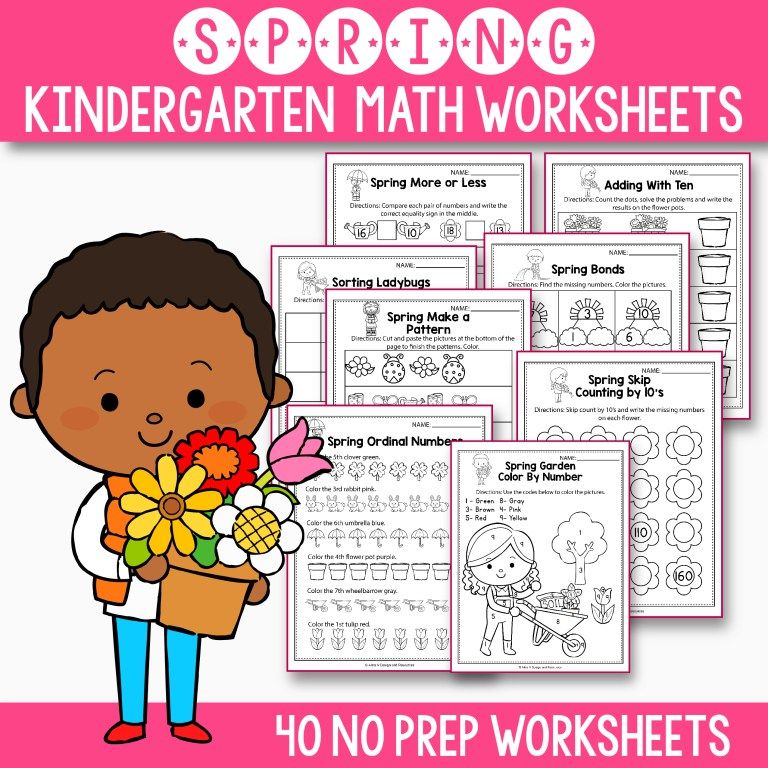
What specific aspects of kindergarten do new students struggle with?
Kindergarten is much more rigorous today than when most parents were growing up. In fact, children spend much more time engaged in structured reading and math activities than time spent in socialization and play-based learning. As a result, there is a mismatch between a child’s developmental stage and the academic skills he or she is required to master. Below are some of the issues that new kindergarteners may struggle with:
- A longer school day . Many children transition to kindergarten from half-day preschool programs, so spending a full day of school engaged in structured activities can be a difficult adjustment for them.
- Transitions . Transitioning from one activity to another is challenging for most young children, particularly when they have to stop a preferred activity (e.g., playing) to engage in something challenging (e.g., learning to read), and a typical kindergarten school day is full of these transitions.

- Sitting still and paying attention for long periods of time. The format of kindergarten has become much more structured and passive in nature, meaning young children are being required to sit still and pay attention to their teacher and to schoolwork for longer periods of time. This can be challenging for many kindergarteners who are still developing self-control and skills that help them sit still, focus and follow directions.
What are signs that a child isn’t adjusting well to kindergarten?
- The teacher reports that your child is having significant difficulty listening and following directions at school.
- Your child becomes verbally or physically aggressive toward peers or school staff.
- Your child has frequent temper tantrums at school.
- Your child expresses reluctance about getting ready for school in the morning. This may manifest as taking a long time to get ready in the morning, or saying things like “I don’t want to go to school” or “I don’t like school.
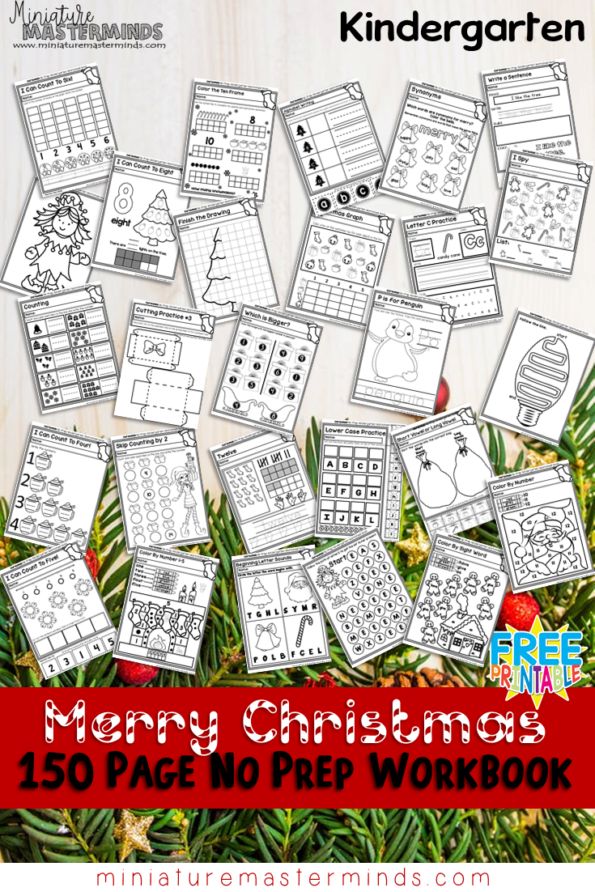 ”
” - After a month or more of school, your child is still very tearful and clingy with you when you drop him or her off at school in the morning.
- Your child appears more sad, worried or irritable than before school started.
- Your child is having repeated daytime toileting accidents while at school.
At what point should parents consider seeking professional help?
- Your child is engaging in frequent disruptive behaviors at school (e.g., temper tantrums, verbal or physical aggression toward school staff or other children, destruction of classroom property, leaving the classroom without permission, etc.).
- Your child is frequently getting in trouble at school.
- Your child is displaying a lot of anxiety about school, which may take the form of expressed worries about teachers, peers or schoolwork and significant efforts to avoid going to school.
- Your child is more frequently tearful, sad or irritable and reports less interest in activities he or she typically enjoys since school started.
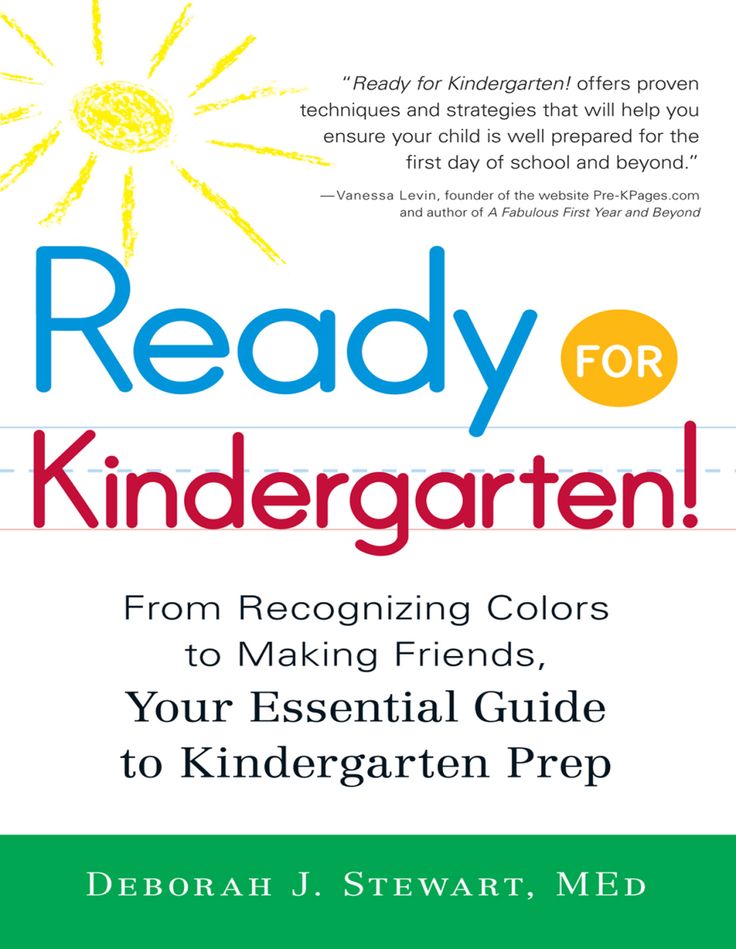
- Your child is having frequent toileting accidents at school despite being toilet trained for some time.
Bright Horizons | Getting Ready for Kindergarten: How to Prepare & What to Expect
In many cases, this means not only a classroom change but a transition to a new school as well. As exciting as this change may be, it can also bring anxiety.
Tips on Preparing for Kindergarten
- Plan a kindergarten visit. Visiting the new classroom or school with your child will help make preparing for kindergarten easier for him/her. Make sure you include a visit to the cafeteria, gym, playground, etc. If possible, meet with your child’s new kindergarten teacher. Some of these may be included in an orientation that the new class or school provides. But, if not, try to arrange a school visit on your own. If a visit doesn’t work with your schedule, maybe a relative or neighbor whose child attends the same school can take your child.
- Keep informed of school happenings.
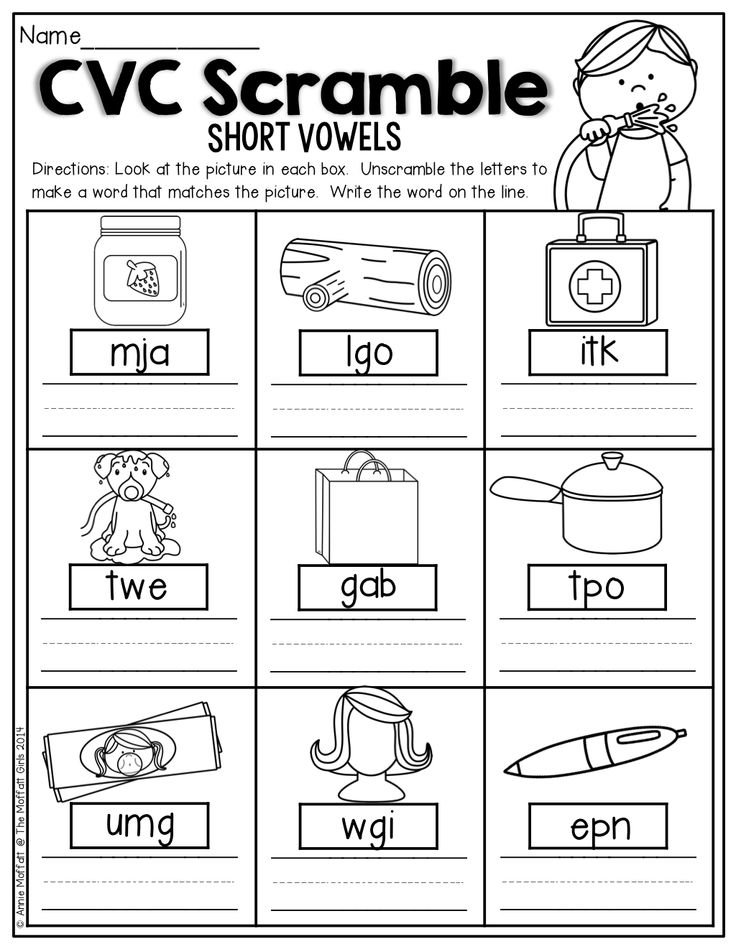 If you child is leaving an early childhood education program, you may find that your child’s kindergarten experience may be less personalized than your experience in child care. You will have to act as your child’s advocate in some situations. Keep informed. Read everything that comes home. Occasionally visit the school or kindergarten classroom if your work situation allows you. Knowing the school secretary, nurse, principal, etc. and introducing yourself and your child to them may also help prepare your child for kindergarten.
If you child is leaving an early childhood education program, you may find that your child’s kindergarten experience may be less personalized than your experience in child care. You will have to act as your child’s advocate in some situations. Keep informed. Read everything that comes home. Occasionally visit the school or kindergarten classroom if your work situation allows you. Knowing the school secretary, nurse, principal, etc. and introducing yourself and your child to them may also help prepare your child for kindergarten. - Establish bedtime routines. Resume the regular bedtime routines about a month before school starts to help ease the kindergarten transition. If you let your child stay up a little later during the summer, for example, gradually get back to the bedtime you will expect when kindergarten starts. Talk to your child about why you are doing this and how it will help his/her back-to-school transition.
- Establish a morning routine.
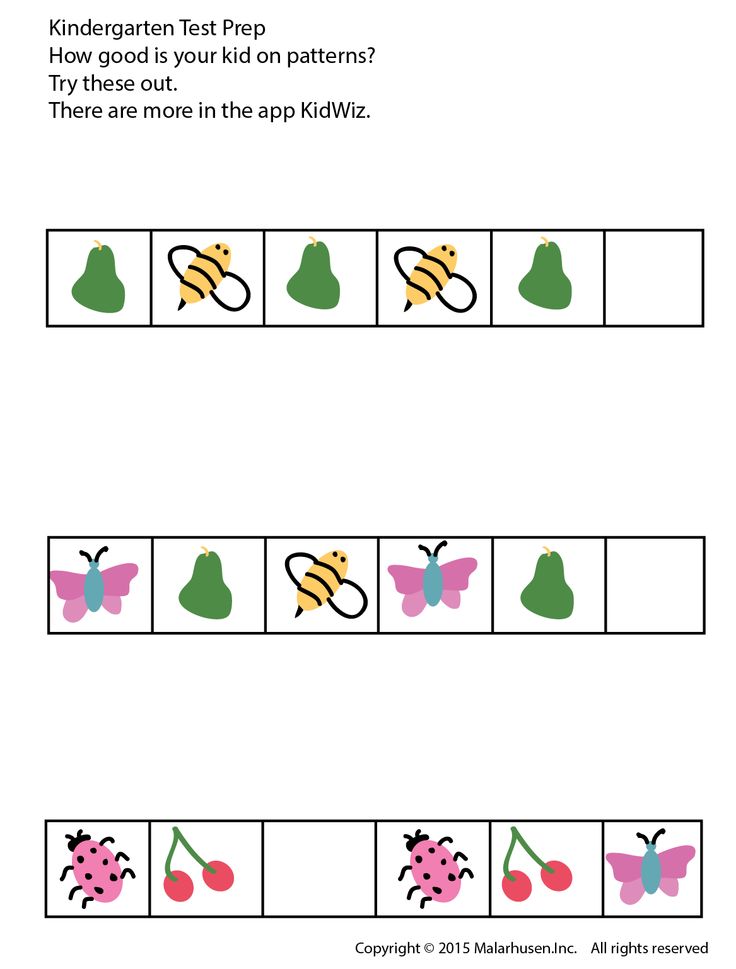 Do a “dry run” of the new morning routine, whether it is walking to the bus stop with your child, driving to the new school, walking together to the new classroom, etc. to see how much time it will take. Remember, school preparation almost always takes more time than you think, especially when the unexpected happens (you have to go back for homework, sneakers for gym, etc.).
Do a “dry run” of the new morning routine, whether it is walking to the bus stop with your child, driving to the new school, walking together to the new classroom, etc. to see how much time it will take. Remember, school preparation almost always takes more time than you think, especially when the unexpected happens (you have to go back for homework, sneakers for gym, etc.). - Plan time for breakfast. Your child may have been used to eating breakfast at preschool. If your child is transitioning to kindergarten, breakfast will not be available in many schools. Having a good breakfast before leaving for school is important. Be sure to adjust your morning schedule to account for the extra time for your child to enjoy breakfast.
- Create a lunch plan. If your child will take lunch to school, "rehearse" packing lunches in the morning. That way you will know how much extra time it will take and what lunch and snack foods you will need to have on hand.
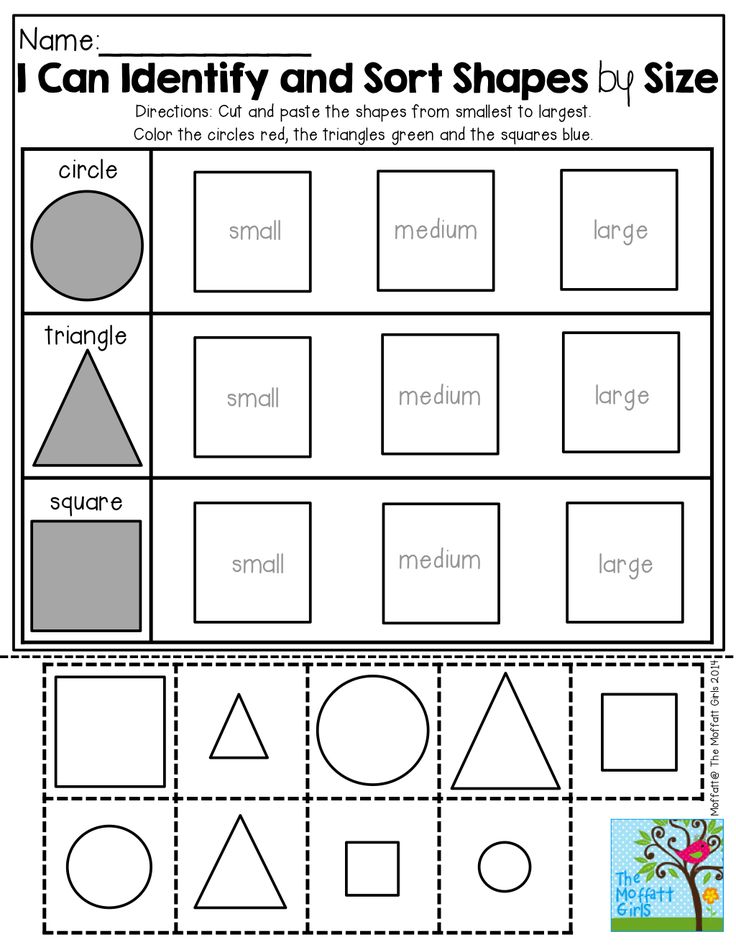 If your child will buy school lunch, begin collecting dollar bills and change. Find out how much it will cost and practice together counting out lunch money.
If your child will buy school lunch, begin collecting dollar bills and change. Find out how much it will cost and practice together counting out lunch money. - Decrease or phase out naps. For preschoolers who still take a nap, begin decreasing nap time so that he/she will be ready for a full day by the time kindergarten starts.
- Make a plan for before- and after-school. Make sure you and your child know the routine for before- and after-school care if that applies. Discuss where he/she will go, how he/she will get between school and child care, how he/she will get home, etc. Have a back-up plan for what to do in case you are late. You probably had a plan for your current early childhood center, but be sure that your emergency pick-up people know where the new school or after-school program is located and what the pick-up routine is there. Better to prepare ahead of time than wait for an emergency.
- Develop a homework routine.
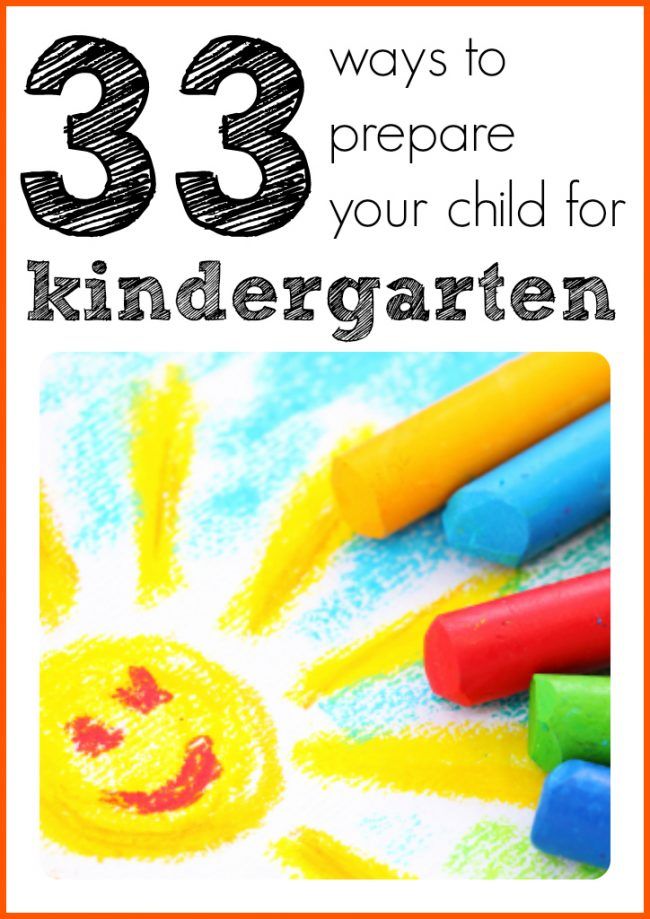 Create a homework space where your child can do kindergarten worksheets and other homework, store papers from school, keep school supplies handy, etc. This could be an individual desk, a place in the kitchen or dining room, etc. Set an after-school or nightly schedule that includes a homework routine as well as play or “chill out” time.
Create a homework space where your child can do kindergarten worksheets and other homework, store papers from school, keep school supplies handy, etc. This could be an individual desk, a place in the kitchen or dining room, etc. Set an after-school or nightly schedule that includes a homework routine as well as play or “chill out” time. - Connect with your child's teacher. Once the school year starts, it is important to give yourself and your child a chance to “bond” with the new teacher. This important part of the school transition process won’t happen instantly. In some cases, we almost need to “grieve” leaving the relationship we developed with our child’s last teacher. The new teacher may do things a little differently than your child’s former teacher. Give time for the new relationship to develop between you, your child, and the new teacher as you all adjust to a different style.
- Go shopping together for school supplies. While you may have a list that the kindergarten teacher provided, let your child choose colors or styles.
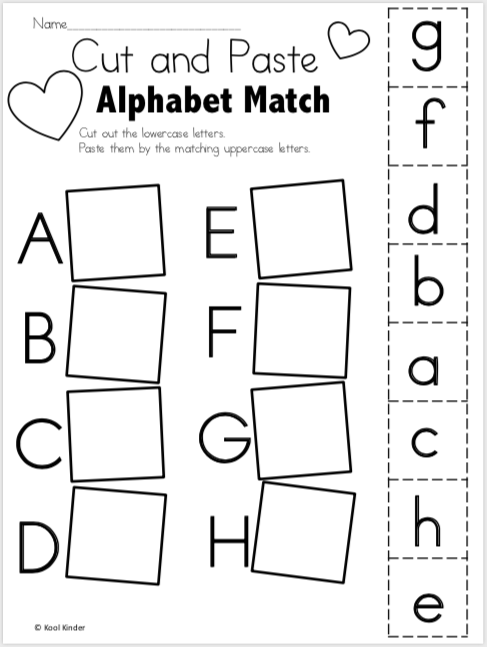 There is nothing like brand new school supplies when getting ready for kindergarten!
There is nothing like brand new school supplies when getting ready for kindergarten!
Children's Books about Starting Kindergarten
Children's books about going to school and starting kindergarten may help prepare your child for the school transition. Here are a few of our favorite titles:
- "Curious George Goes to School" by M. Rey & H.A. Rey
- "First Day Jitters" by J. Danneberg
- "I am absolutely too small for school" by L. Child
- "I love school!" by P. Sturges & S. Halpern
- "Leo the Late Bloomer" by R. Kraus
- "Miss Bindergarten Gets Ready for Kindergarten" by J. Slate
- "Mr. George Baker" by A. Hest & J.J. Muth
- "The Kissing Hand" by A. Penn
- "Will I Have a Friend?" by M. Cohen
With a little bit of advance preparation, the transition to kindergarten can be a very positive one for parents and children.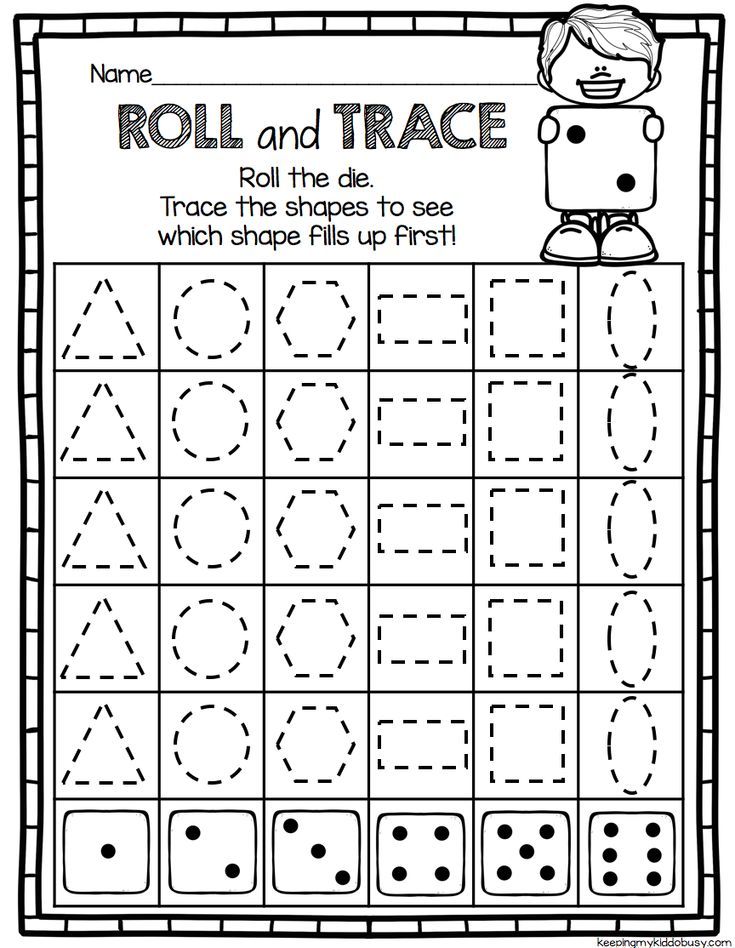 Enjoy this next stage in your child’s life and in your life as a parent. Find more tips on school readiness on the Family Room blog.
Enjoy this next stage in your child’s life and in your life as a parent. Find more tips on school readiness on the Family Room blog.
More on Getting Ready for School:
- Here are 12 things you should know about starting kindergarten.
- Are you considering holding your child back from starting kindergarten? Here are some academic redshirting tips.
- Find advice and ideas for a smooth transition back to school after summer.
- Will she make friends? Have enough time to eat? Read how one mom survived the transition to kindergarten.
- Our bloggershave weathered the back-to-school mania for many years. Get some of their back-to-school tips and ideas, including: first day of school traditions to start, tips for adjusting to a school schedule, school organization ideas, and more.
6 steps to prepare for kindergarten from a child psychologist
smart creative 03/02/2020
Sometimes getting used to kindergarten stretches for weeks.
The parents are at a loss, the child is in tears, it seems that only the teacher manages to keep calm.
6 steps to prepare for kindergarten from psychologist Nina Liventsova
Contents:
- Six steps to prepare for kindergarten
- Kindergarten adaptation plan
- Signs that adaptation is on track
- Common Mistakes You Can Avoid
- Indicators when adaptation to kindergarten was successful
Six steps
preparing for kindergarten ✅Step 1 - Expand the information field:
Talk about kindergarten
Read books on the topic
Give examples of children you know
Play kindergarten together
⠀
✅Step 2 - Get to know the kindergarten:
Get to know the kindergarten
Walk around the kindergarten together
Go on a group tour
If friends have children who already go to kindergarten, make up keep them company when they pick up the kids from kindergarten
⠀
✅Step 3 - Prepare together:
Choose clothes for the first days with the baby
Meet the caregivers
⠀
✅Step 4 - Create a positive attitude:
Tell funny kindergarten stories from your childhood
Tell your little one about the positive moments that await him in kindergarten
⠀
✅Step 5 - Set the Mode:
Get up early
Timely bedtime and daytime sleep
⠀
✅Step 6 - Develop self care skills:
Teach yourself to put on simple things (panties, socks, panties)
Teach you to eat and drink without assistance
Wash your hands
Dry yourself with a towel
Use the toilet (potty)
A PLAN for getting the child used to the kindergarten
- Getting to know the kindergarten - take a walk near the kindergarten, around its territory and, if possible, go inside the building.
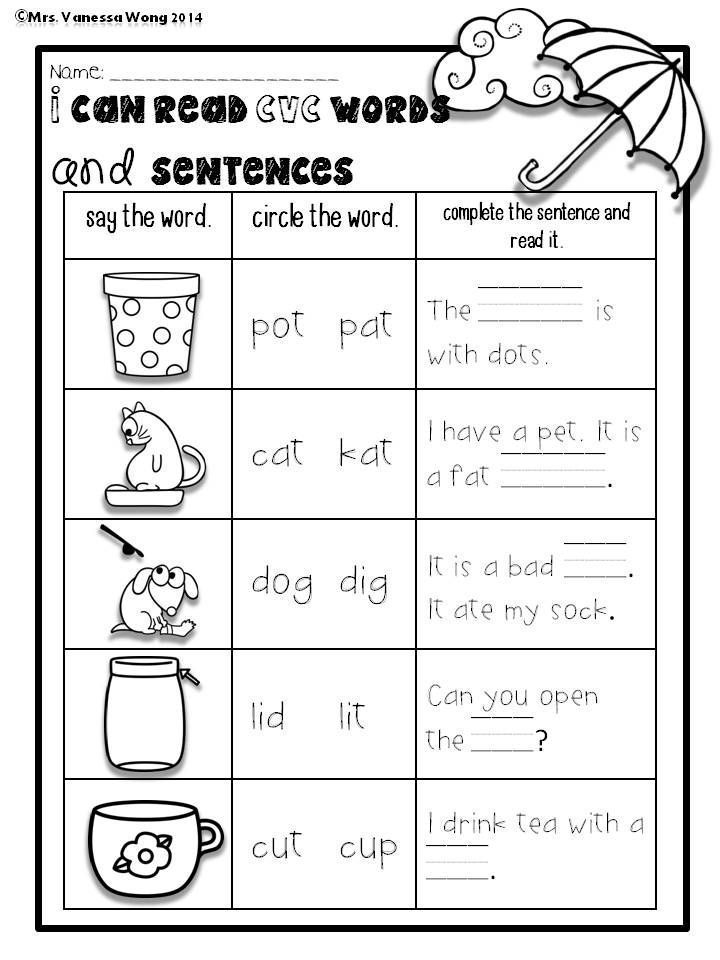
- Spend the first day together (usually one hour).
- Establish contact with the caregiver first for the mother, then for the child. Meet, smile. During the meeting, take the child in your arms and hand it over to the caregiver.
- Take the child for two hours during the week. At this time, mind your own business to curb anxiety.
- When parting, kiss and hug. At the meeting - rejoice.
- Give your child a favorite toy or thing that will remind you of you (handkerchief, drawing a kiss in the pocket).
- If the child is crying, comfort him briefly (accept emotions) and leave firmly.
- After a week leave the child for lunch, then for sleep.
Signs that adaptation is going according to the PLAN
🔅 The child cries, but quickly calms down
🔅 Communicates with caregivers
🔅 Interested in toys
🔅 Plays calmly
🔅 Eats at least part of breakfast or lunch
Common avoidable mistakes
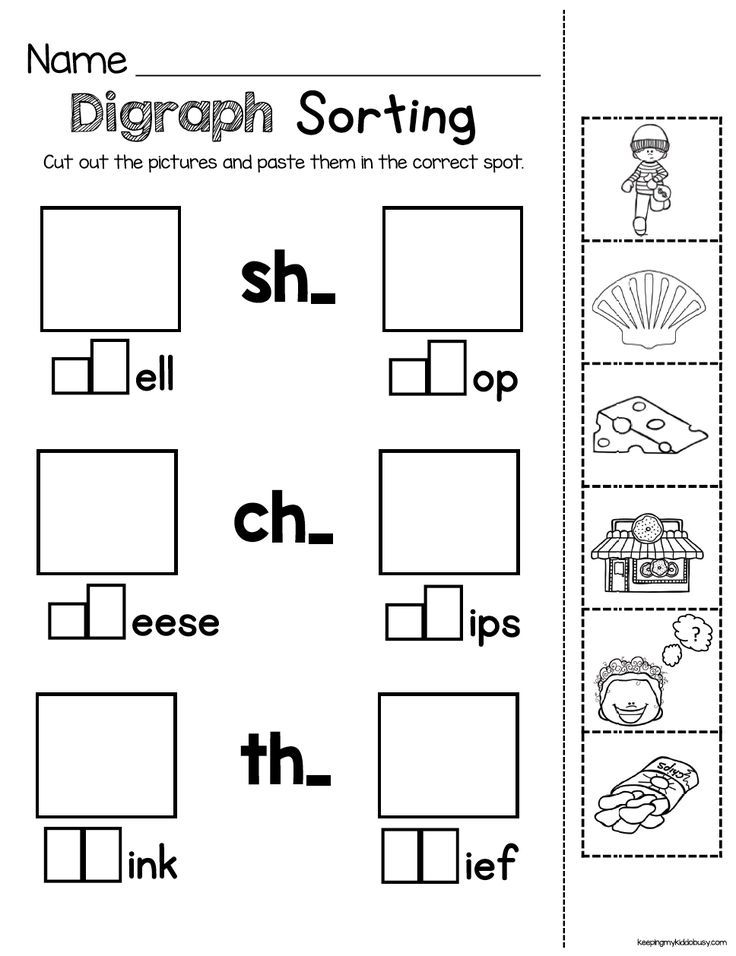
Indicators that adaptation to kindergarten was successful
if the child 👶🏻
✅accepts the rules of the kindergarten
✅If he cries when parting, he quickly calms down
✅plays calmly
✅Communicates with children and teachers ✅Eats offered food
✅Sleep during quiet hours
⠀
✨Your child and you are great FELLOWS!
Tell friends
VKontakte Facebook Twitter OdnoklassnikiHow to prepare a child for kindergarten
July 14, 2020
Children's clinics are having a hot time - registration in preschool institutions.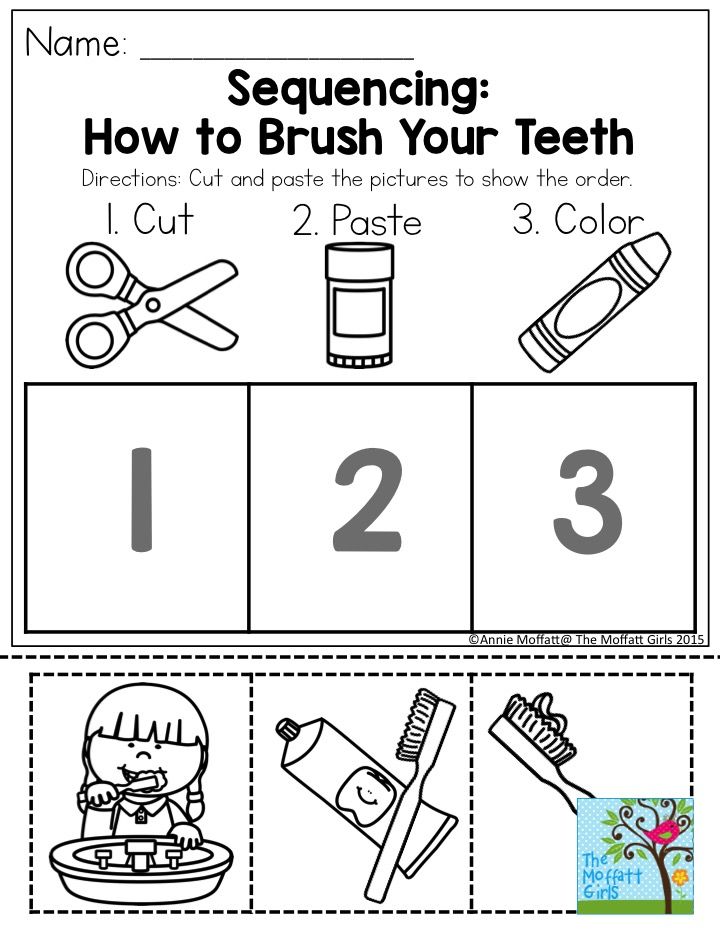 How to try to avoid many problems and make the process of adaptation in kindergarten less painful was told by pediatrician Yu.A. Panov.
How to try to avoid many problems and make the process of adaptation in kindergarten less painful was told by pediatrician Yu.A. Panov.
Medical examination and medical record
It is important to take care in advance (3-6 months in advance) about registering a child in a preschool institution.
It’s worth starting with a visit to the local pediatrician, who will tell you which specialists you need to go through, help you sign up for them, write out referrals for blood, urine, feces tests, tell you what vaccinations should be done before visiting kindergarten, write down on the ECG and ultrasound of internal organs.
By the age of three, the child should be vaccinated against tuberculosis, whooping cough, diphtheria, tetanus (four times), hepatitis B (three times), measles, mumps, rubella, polio (five times), and also by this age children can be vaccinated against pneumococcal and hemophilic infections, a Mantoux test is performed annually.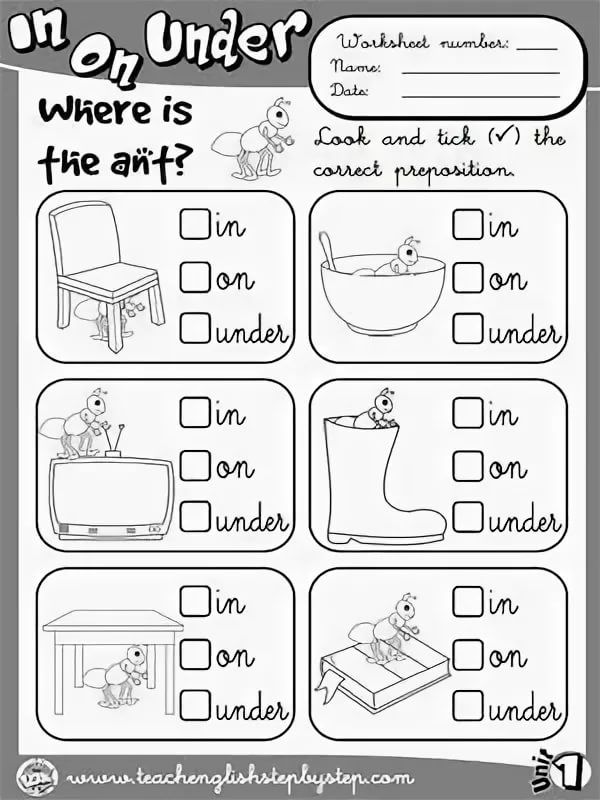
Some children, for health reasons, are vaccinated according to an individual schedule, in which case the local pediatrician will plan vaccinations specifically for this child before attending kindergarten.
The child is examined by such specialists as a neurologist, ophthalmologist, otolaryngologist, surgeon, psychiatrist, pediatric gynecologist, urologist. If deviations in the state of health are detected, doctors will give recommendations for the prevention and treatment of diseases.
Children with chronic diseases or congenital malformations are sent to kindergarten by decision of the Medical and Pedagogical Commission in each case individually. There are correctional kindergartens with speech therapy groups to correct speech defects, kindergartens with diseases of the organs of vision, the musculoskeletal system, the nervous system, and others. In some kindergartens, according to a special program, they work with children who often get sick.
After examination by specialists, the pediatrician fills out a card for kindergarten (form 026/y), writes an epicrisis and recommendations, individual for each child.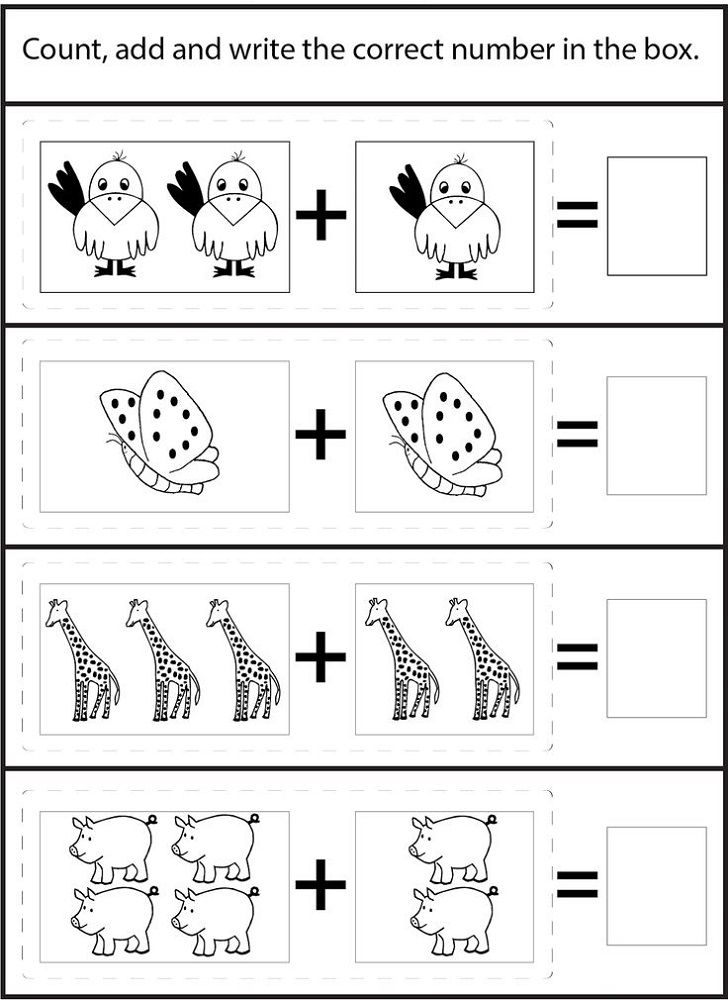
How to choose a kindergarten
If you have the opportunity to choose a kindergarten from several preschool institutions, be sure to use it. Walk around, have a look, chat with the staff and parents who are already taking their children to these gardens. This will allow you to choose the best garden and give you some confidence that you are doing everything right. Some mothers have doubts: how the baby will be without relatives, without the usual environment, in a completely new environment for himself.
But in this situation, it is the mother herself who needs the right attitude. Children are very sensitive to your mood, if you worry, your anxiety will be transferred to the child, and adaptation to the kindergarten will be stressful.
Let's get ready
After you have chosen a kindergarten, start walking around with your baby day after day during the hours when children are walking on the playground. Pay the child's attention to how fun the guys are, how good it is together, so that the baby has an idea where he will go and what awaits him there.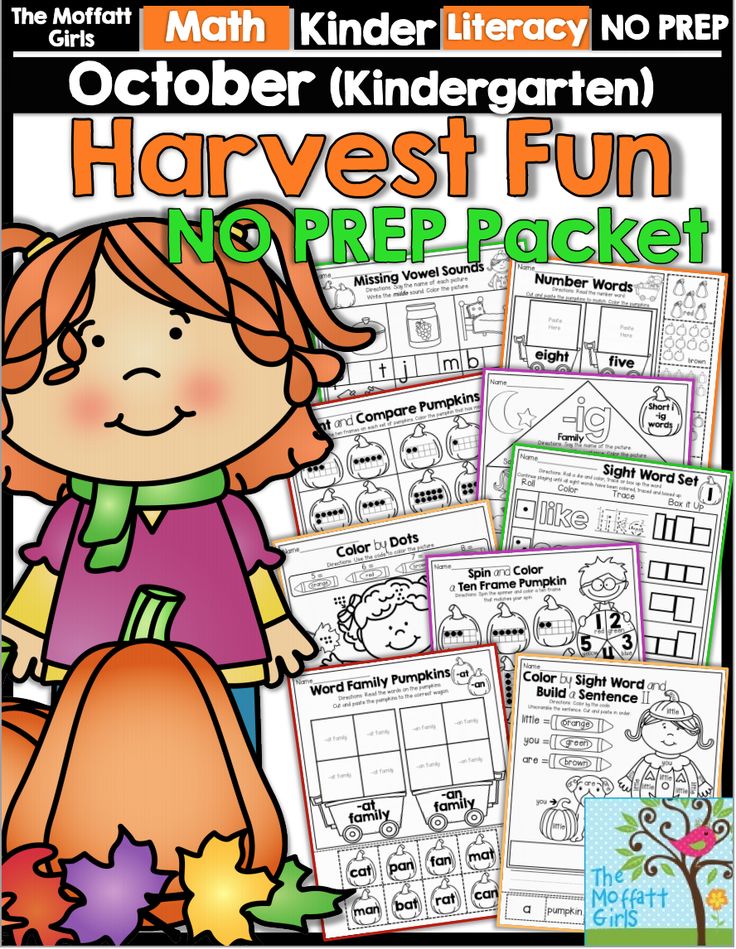
An important moment in preparing a child for kindergarten may be visiting various developmental children's centers, where only children and a teacher are present at the classes. Usually such classes last no more than an hour - this is how the child gets used to being in a team without a mother.
The child should not be afraid to be in the company of strangers. Walk with him on playgrounds, go to visit, leave him with grandmothers overnight. The kid will get used to communication, he will have more skills of being in society.
Try to form a positive attitude, a desire to go to kindergarten. Give him emotional support: caress him more often, say that you love him, take him in your arms, hug him. The calmer and more confident the parents will be about this important event, the less painful the adaptation process will be. Do not discuss your kindergarten fears in front of your child.
Let's establish a routine
The child's home routine should be brought closer in advance to the regimen of the group of the child care institution that the child will attend.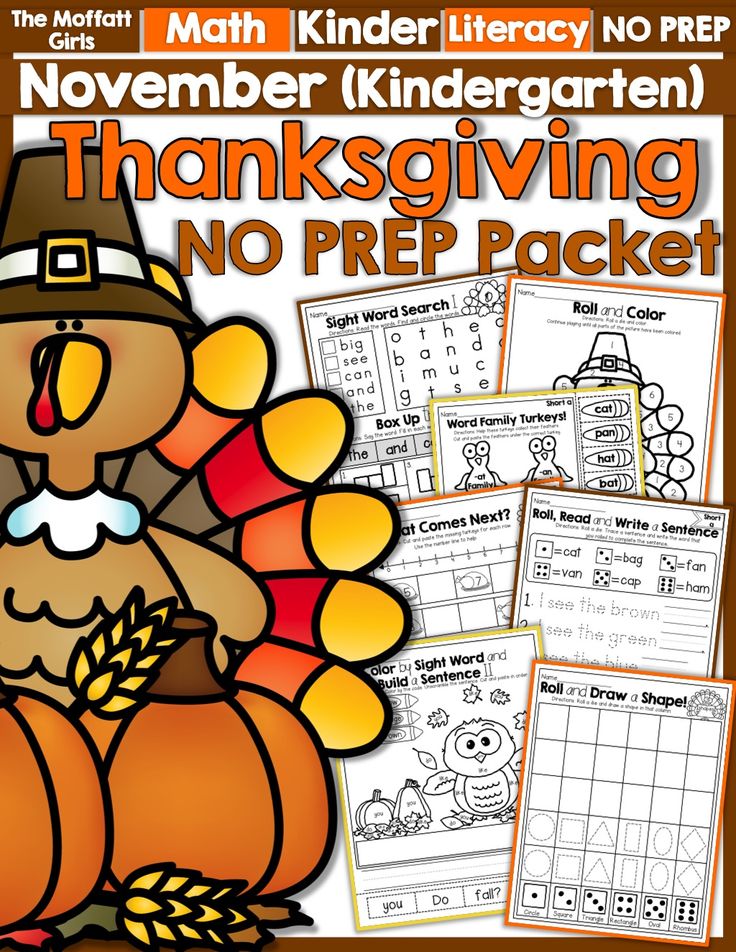 If you plan to start going to the garden in the fall, then in the summer the child’s life schedule should be built so that he easily wakes up an hour and a half before the time you plan to leave the house (no later than eight in the morning). If your baby does not sleep during the day, then you need to teach him to lie quietly in bed.
If you plan to start going to the garden in the fall, then in the summer the child’s life schedule should be built so that he easily wakes up an hour and a half before the time you plan to leave the house (no later than eight in the morning). If your baby does not sleep during the day, then you need to teach him to lie quietly in bed.
Feed the baby at the same time. Also try to teach your child to go to the toilet not when he is no longer able to endure, but in advance: before a walk, before leaving the house, before going to bed, otherwise he may develop complexes in the future in kindergarten. In the morning, be sure to leave the child a margin of time so that he can safely sit on the potty.
If bowel movements are difficult, offer your child a glass of cold water with one or two teaspoons of jam or sugar before breakfast (if the child is not allergic to these foods). Cold water stimulates the bowels. The following products have the same property: cabbage, carrots, pumpkin, beets, spinach, zucchini, apples, peaches, melon, prunes, dried black bread.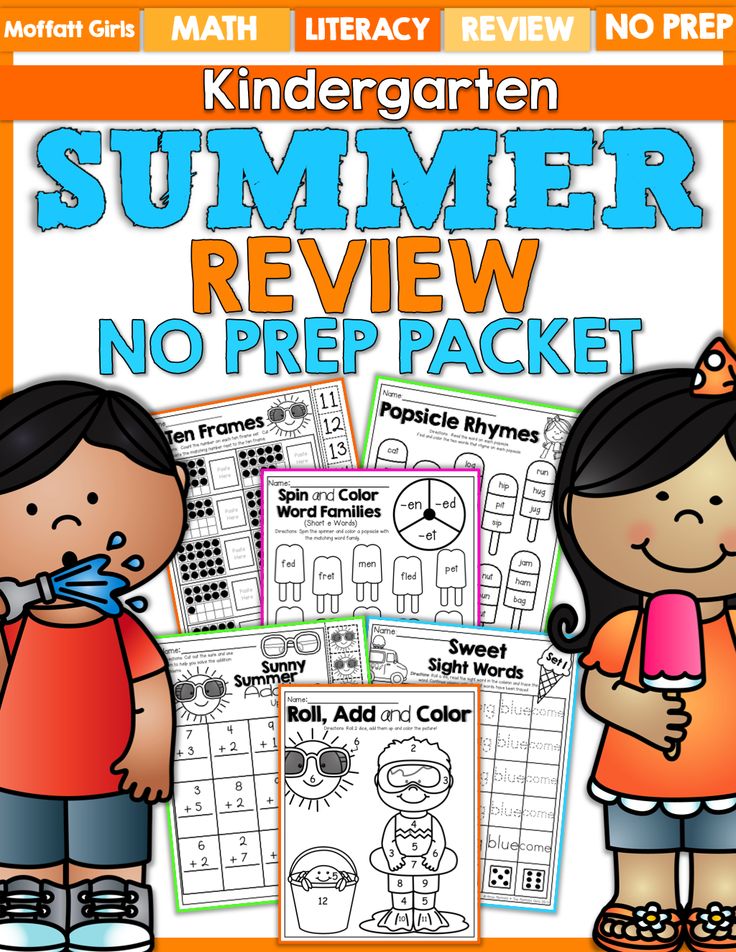 Daily intake of one and a half to two liters of fluid will also help to avoid constipation. The following products should be excluded: chocolate, cocoa, strong tea, pomegranate, semolina. Introduce pears, white bread, pies, pasta, thick soups, rice, blueberries into the diet less often.
Daily intake of one and a half to two liters of fluid will also help to avoid constipation. The following products should be excluded: chocolate, cocoa, strong tea, pomegranate, semolina. Introduce pears, white bread, pies, pasta, thick soups, rice, blueberries into the diet less often.
Do not feed your baby between meals. Familiarize yourself with the menu in kindergarten and introduce new dishes into the baby’s diet that he has not yet eaten, but they are present in the kindergarten menu.
It is desirable that the child master the necessary self-care skills: he could ask for a potty, wash himself, wash his hands, dry them; dress and undress; independently use a spoon while eating. In the evening, put the child to bed no later than 21 hours.
Inspect your baby's wardrobe. Clothing should be comfortable and comfortable, it is better if it is without complicated fasteners and laces, so that the baby can take it off and put it on himself.
Tempering
Tempering procedures are recommended for all children going to kindergarten.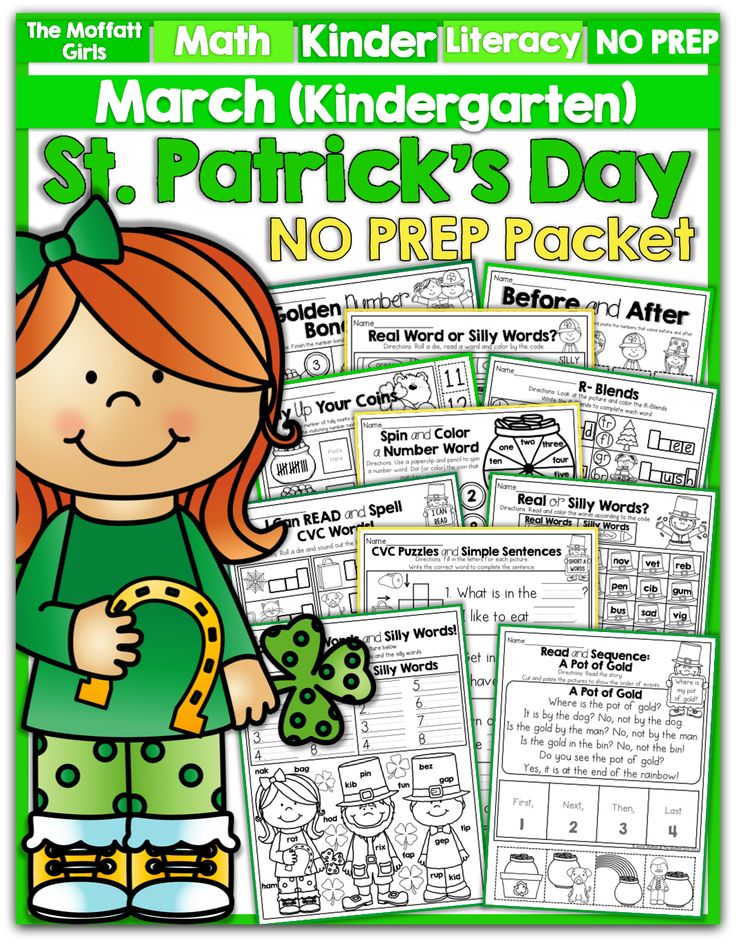 They will strengthen the immune system and prepare the baby for the attack of viruses and bacteria in the children's team. The basic principles of all hardening procedures are their gradualness, as well as regularity. You can start hardening a child in the warm season only if the child is completely healthy.
They will strengthen the immune system and prepare the baby for the attack of viruses and bacteria in the children's team. The basic principles of all hardening procedures are their gradualness, as well as regularity. You can start hardening a child in the warm season only if the child is completely healthy.
The following procedures can be carried out:
-Walk twice a day in the open air.
-Sleep outdoors.
- Take air baths.
- Walk barefoot at home, and later on the street on the ground and grass.
- Wash your face with a gradual decrease in water temperature to +16o C +19o C.
- Stay in direct sunlight twice or thrice a day for up to 10 minutes in summer.
- Set the temperature in the room where the child is located at +16o C +18o C.
- Douse your feet with water before going to bed with a gradual decrease in temperature from +28o C to +18o C.
- Bathe twice a week before going to bed at a temperature of +36o C, pouring water after the procedure 1-2 degrees lower.